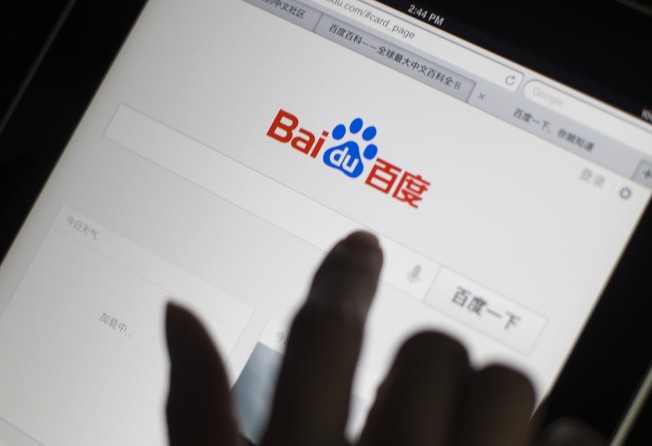
US judge rules Baidu has First Amendment right to block content

Internet giant Baidu has won the dismissal of a US lawsuit by pro-democracy activists who complained that China's most widely used search engine illegally suppressed political speech.

The plaintiffs in the case, which was heard in Manhattan, said this kept Baidu users from seeing their work, unlike users of other search engines such as Google and Microsoft's Bing.
The eight plaintiffs had sought a total of US$16 million in damages for violations of their civil and equal protection rights.
However, US District Judge Jesse Furman concluded that the results produced by Baidu's search engine constituted protected free speech under the US constitution, warranting dismissal of the May 2011 lawsuit.
"The First Amendment protects Baidu's right to advocate for systems of government other than democracy (in China or elsewhere) just as surely as it protects plaintiffs' rights to advocate for democracy," the judge wrote.
Furman likened a search engine's "editorial judgment" to that of a newspaper editor who decides which stories to publish.
He also said there was a "strong argument" that the First Amendment immunised search results from "most, if not all" kinds of civil liability and government regulation.
"To allow plaintiffs' suit to proceed, let alone to hold Baidu liable for its editorial judgments, would contravene the principle upon which our political system and cultural life rest: that each person should decide for himself or herself the ideas and beliefs deserving of expression, consideration, and adherence," the judge said.
Stephen Preziosi, a lawyer for the eight activists, said his clients would appeal against the decision. "The court has laid out a perfect paradox: that it will allow the suppression of free speech, in the name of free speech," Preziosi said outside court after the decision was handed down.
Preziosi also criticised Furman's newspaper-editor comparison, calling Baidu "more analogous to a town square, where pretty much anyone can go and say what he wants".
Baidu and its lawyer did not immediately respond to requests for comment.
A call to the Chinese embassy in Washington asking for comment was also not returned immediately.
The lawsuit had been filed one year after Google pulled its search engine out of China after hitting censorship problems. China has also blocked Google's YouTube service and social networking sites such as Facebook and Twitter.
In March last year, Furman had dismissed the lawsuit on procedural grounds, but later allowed the case to resume.